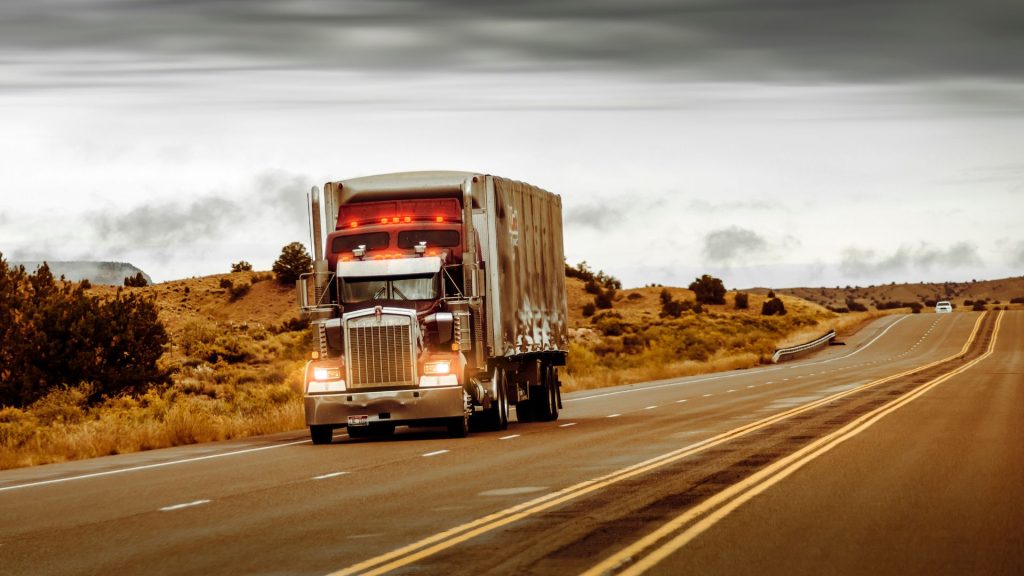Eco-friendly practices in logistics are not just a trend; they’re becoming a vital strategy for businesses aiming to meet today’s environmental standards and consumer demands. As climate change intensifies and sustainability takes center stage, logistics companies must rethink traditional methods to maintain a competitive edge. The focus shifts to reducing carbon footprints, optimizing supply chains, and embracing innovative technologies that promise greener operations.
Companies that adopt these sustainable solutions are fulfilling a moral obligation while enhancing their market appeal. From electric vehicles to renewable energy sources and smarter packaging techniques, the options are vast and evolving. Readers will gain insights into practical steps the logistics industry is taking to foster sustainability, and why this movement is crucial for future success.
The Importance of Sustainability in Logistics
Sustainability is more important than ever. As climate change becomes a pressing issue, industries across the globe are rethinking their strategies. The logistics sector is no exception. Logistics, which involves the complex flow of goods from one place to another, plays a critical role in the economy.
Conventional logistics practices often rely heavily on fossil fuels. Trucks, ships, airplanes—all these modes of transportation contribute to a substantial carbon footprint. These emissions linger in the atmosphere, gradually turning up the planet’s thermostat.
But carbon emissions aren’t the only concern. Traditional logistics also consume resources like fuel and packaging materials at an alarming rate. Think of it as a never-ending cycle of consumption. This cycle taps heavily into the planet’s limited resources, leading to a scenario akin to borrowing from Mother Nature without paying it back. The ecological footprint extends beyond carbon. The industry’s reliance on packaging, predominantly non-biodegradable materials, contributes to waste accumulation.
Regulatory bodies are increasingly aware of logistics’ environmental toll. Governments worldwide are stepping up, enforcing stringent regulations aimed at lowering emissions and reducing waste.
In many countries, there’s now a legal mandate for companies to report their carbon emissions and develop reduction plans. These regulations urging logistics firms to prioritize sustainability. Customers today are more eco-conscious, preferring businesses that align with their values. If a company is too slow to adapt, it risks falling behind its competitors. Consumers wield an influential voice, often turning their backs on businesses that don’t prioritize eco-friendly operations. This shift in consumer behavior resembles a domino effect, where one company’s move towards sustainability pressures others to follow suit.
Innovative Eco-Friendly Practices
Transportation is a major contributor to emissions in the logistics sector, but the winds of change are upon us. The shift towards electric and hybrid vehicles represents a game-changing evolution in reducing environmental impact. Not only do these vehicles cut down on emissions, but they also help mitigate noise pollution, making them a silent hero for urban environments.
“Electric and hybrid vehicles are becoming more common on the roads,” says William Maclyn Murphy McRae. “Many logistics companies are embracing this technology to lower their carbon emissions.”
Packaging plays a crucial role in logistics, often leaving behind a trail of waste. But this is changing with the advent of biodegradable and recyclable packaging materials. These materials are designed to decompose naturally, reducing the waste footprint. It’s like swapping out plastic wrap for a reusable beeswax wrap – both protect, but one does so with much less environmental impact.
Warehouses are at the heart of logistics operations and are increasingly focusing on energy efficiency. Traditional warehouses are akin to energy-guzzling giants, but with current advancements, they are evolving into lean, green machines.
Strategies like renewable energy sources, smart technology, and energy-efficient lighting help streamline operations, reduce costs, and lessen environmental impacts. Warehouses are becoming smarter and more sustainable, akin to nature’s perfectly balanced ecosystems.
The journey of logistics towards sustainability is ongoing, yet these innovations mark significant steps forward. By embracing these eco-friendly logistics practices, we are paving the way for a greener world while ensuring a robust and responsible future for the logistics industry.

Collaborative Approaches to Sustainability
In the journey towards sustainability, forming partnerships and alliances is like building a bridge between innovation and impact. Companies are seeing the benefits of teaming up with others to share resources, knowledge, and even risks. Companies can pool resources such as warehouses and transportation fleets to reduce overhead costs and minimize environmental impact. By sharing resources, they can avoid duplication and make operations more efficient.
Companies are launching joint sustainability initiatives that aim to tackle larger environmental issues. Whether it’s a project to reduce carbon emissions or a plan to improve waste management, working together amplifies their impact. Consider it akin to a symphony where each partner plays an integral part; the result is a harmonious blend of efficiency and eco-consciousness.
Sustainability in logistics cannot be an isolated effort. It’s about creating a bond among industry players and with the communities they touch. Companies are increasingly aware that their actions have a ripple effect on local environments. By actively involving local communities in sustainability projects, companies can create solutions that are both environmentally sound and socially beneficial.
Honest and open communication with stakeholders can lead to powerful insights. Companies need to establish feedback loops that allow for continuous dialogue and improvement. Listening to concerns and suggestions from the community can shape more responsible and sustainable practices.
Companies that invest in community education programs about sustainability create a ripple effect of environmental consciousness. By raising awareness and empowering local communities, businesses can foster a culture of sustainability that extends beyond immediate operational boundaries. Embracing community and stakeholder engagement is like planting seeds in fertile soil.
Future Trends in Eco-Friendly Logistics
The logistics industry is on the brink of an eco-friendly transformation. As consumer demand for sustainable practices grows, the sector is turning to innovative solutions to reduce its environmental footprint. The rise of technology is reshaping logistics in unimaginable ways, especially when it comes to sustainability. Artificial Intelligence (AI) and the Internet of Things (IoT) promise additional optimization at every step in the logistics process.
The circular economy model is revolutionizing logistics by challenging the traditional linear “take-make-dispose” mindset. Instead, it fosters a closed-loop system that emphasizes reusing, refurbishing, and recycling. Circular logistics means products and materials are kept in use for as long as possible. Logistics companies can implement systems where packaging materials are returned, refurbished, and reused, drastically cutting down waste.
A circular economy in logistics thrives on collaboration. Businesses can partner to share resources, maximizing efficiency and minimizing environmental impact. Reverse logistics is a concept gaining traction as businesses focus on product lifecycle management. Reverse logistics involves the return of goods for recycling or refurbishment, promoting sustainability at the end of a product’s life. It’s like giving products a second chance, which is both eco-friendly and cost-effective.
The future of eco-friendly logistics brims with potential, driven by smart tech and sustainable practices. These trends promise not only to reduce the industry’s environmental impact but also to cut costs and improve efficiency. As these innovations become mainstream, logistics is set to become a key player in the global sustainability movement, paving the way for greener supply chains and more responsible business practices.




